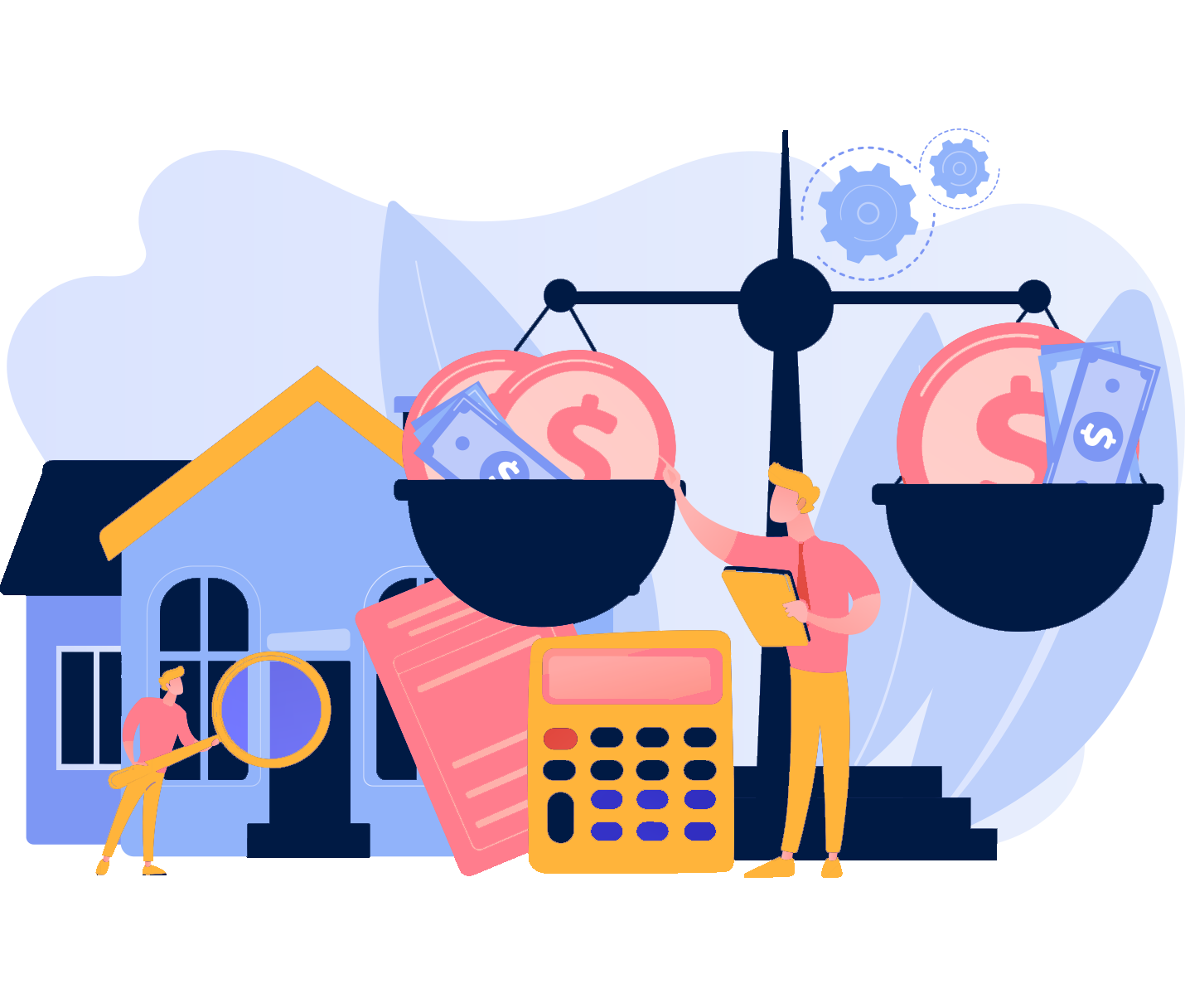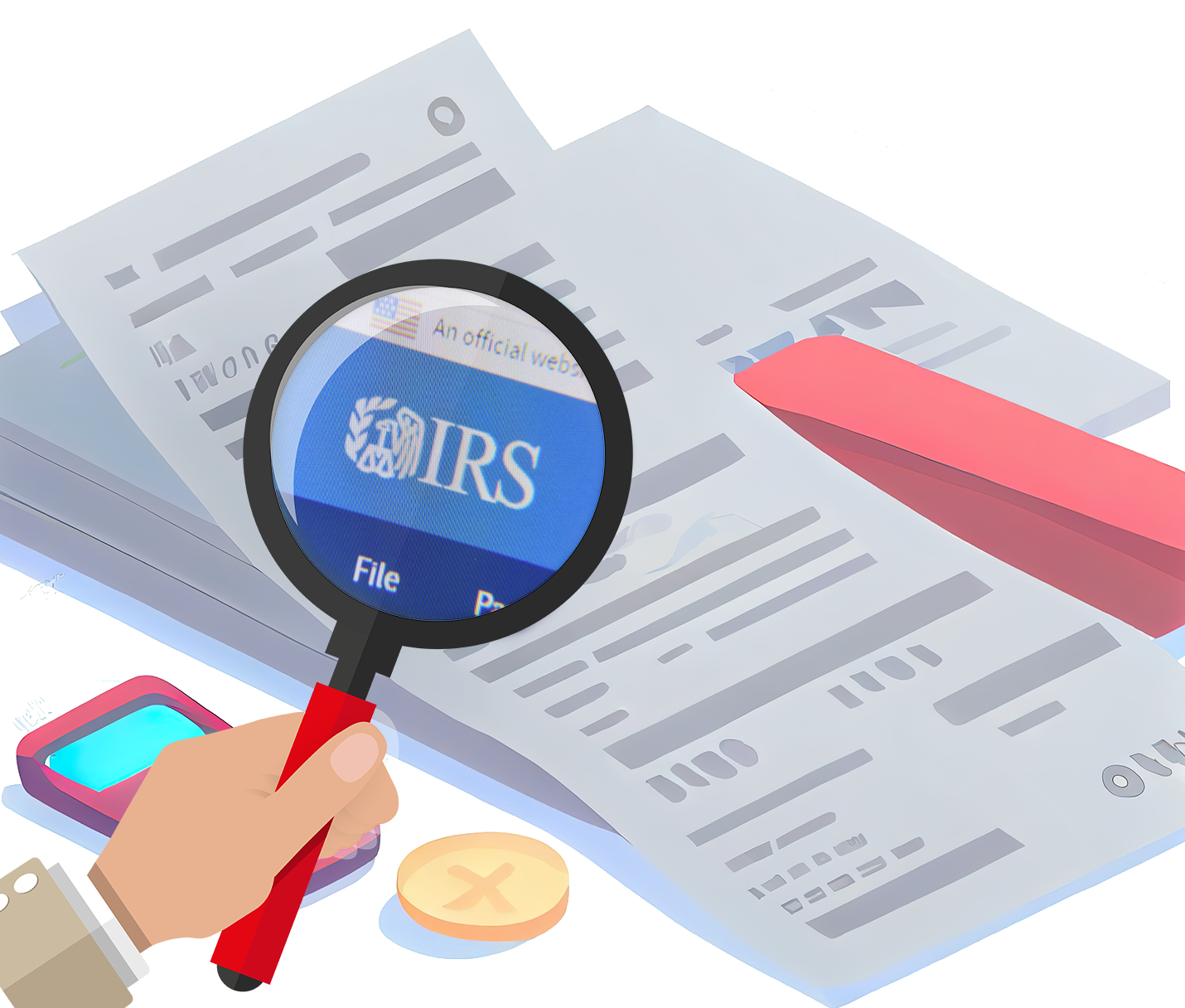

Tax Planning Services for Restaurants
For over 15 years, we’ve provided custom-tailored tax planning services for restaurants across the US. We offer year-round support to make tax season as stress-free as possible:
- Sales Tax Compliance
- Multi-State Tax Planning
- Tax Compliance and Filing Support
- Employee Benefit Plan Optimization
- Depreciation and Asset Management
- Seasonal Tax Planning Review Sessions
- Tax Credit Identification and Optimization
- Tax Impact Analysis of Business Decisions
- Comprehensive Tax Strategy Development
- Inventory and Cost of Goods Sold (COGS) Management
- Charitable Contributions and Community Involvement Optimization
Our Proactive Approach to Restaurant Tax Planning Services
We remove the dread and anxiety that come with filing your taxes by utilizing our proven, proactive approach to restaurant tax planning. We don’t believe in sending you unexpected bills or surprising you with last-minute deadlines.
We strive to be so much more than your CPA—we’re your trusted financial partner, and we’re here to help you feel empowered to run your restaurant.

Frequently Asked Questions About Tax Planning for Restaurants
What taxes do restaurants typically need to pay?
Though it varies depending on your location and business structure, some of the taxes restaurants typically need to pay include:
- Sales tax
- Utility tax
- Payroll tax
- Property tax
- State income tax
- Local income tax
- Federal income tax
- Alcoholic beverage tax
- Tourism and hospitality taxes
- Occupational privilege tax (OPT)
- State unemployment tax (SUTA)
- Federal unemployment tax (FUTA)
- Social Security and Medicare taxes (FICA)
- Excise taxes on alcohol, tobacco, etc.
This list can feel overwhelming to look at, but know that our licensed, experienced CPAs are deeply familiar with every single tax above. When you work with us for your restaurant tax planning needs, you can stop lying awake at night worrying about these details.
Are there digital tools to help track restaurant tax deductions?
Yes, there are many digital tools to help track restaurant tax deductions—and even better, we’re well-versed in all the best options.
Gone are the days of fighting with Excel spreadsheets and trying to learn QuickBooks over one weekend. Now, you have comprehensive, cloud-based options that let you check in from any mobile device, anywhere.
Best of all, our top-recommended tools are designed to integrate with most of the restaurant-specific apps you already use, including your POS system.
Get in touch with us today if you’d like to learn more about custom digital solutions for your restaurant tax deductions.
What are common tax filing mistakes made by restaurants?
A few common tax filing mistakes made by restaurants are:
- Overall inadequate recordkeeping
- Errors in sales tax collection and remittance
- Not adhering to IRS tip reporting requirements
- Incorrectly depositing withheld employment taxes
- Misclassifying employees as independent contractors
- Missing out on meaningful industry-specific tax credits
- Incurring penalties due to underpaying estimated taxes
While these tax filing mistakes are common, they’re also entirely avoidable. Working with a knowledgeable CPA for your restaurant tax planning is the best way to prevent these costly errors.
How can a restaurant plan for taxes during an economic downturn?
The best way a restaurant can plan for taxes during an economic downturn is by taking a proactive, strategic approach:
- Conducting regular financial reviews to cut costs and maximize revenue
- Delaying non-essential expenses and negotiating payment terms with suppliers
- Considering tax credits and incentives, including energy efficiency credits
- Maximizing absolutely all deductions and accelerating deductible expenses
- Leveraging accelerated depreciation and cost segregation studies for more write-offs
- Investing in efficient inventory management to reduce waste and overstocking
- Adjusting estimated tax payments to reflect your lower projected income
- Working closely with a restaurant CPA to adjust strategies whenever needed
What are effective tax planning strategies for a new restaurant?
Generally speaking, a few effective tax planning strategies for a new restaurant are:
- Choosing a business structure that suits your specific financial and business goals
- Leveraging start-up cost deductions to minimize your upfront expenses
- Utilizing bonus depreciation for immediate deductions on major costs
- Managing inventory effectively to prevent waste and overstocking
- Taking advantage of employee-related tax credits
But keep in mind that the best restaurant tax planning strategies for you will depend entirely on things like your restaurant’s size, location, and company structure. What works well for someone else may not benefit you.
This is why the best tax planning strategy for a new restaurant is to work with an experienced, knowledgeable, and supportive CPA. When you have guidance every step of the way, filing your taxes—and minimizing your payments—becomes a smooth, straightforward process.
If you’re ready to learn more about how restaurant tax planning can change the way you do business, book a call with us today!
Leveraging the Latest Accounting Technology
Staying ahead of the curve is our priority. We embrace the latest advancements in accounting technology to elevate your financial operations. By leveraging cutting-edge tools, cloud-based solutions, and automation, we enhance efficiency, provide real-time insights, and empower you with the accurate data you need to make informed decisions. With CloudCPA, you’ll have the advantage of staying at the forefront of the ever-evolving business landscape.


 CALL US NOW
CALL US NOW










